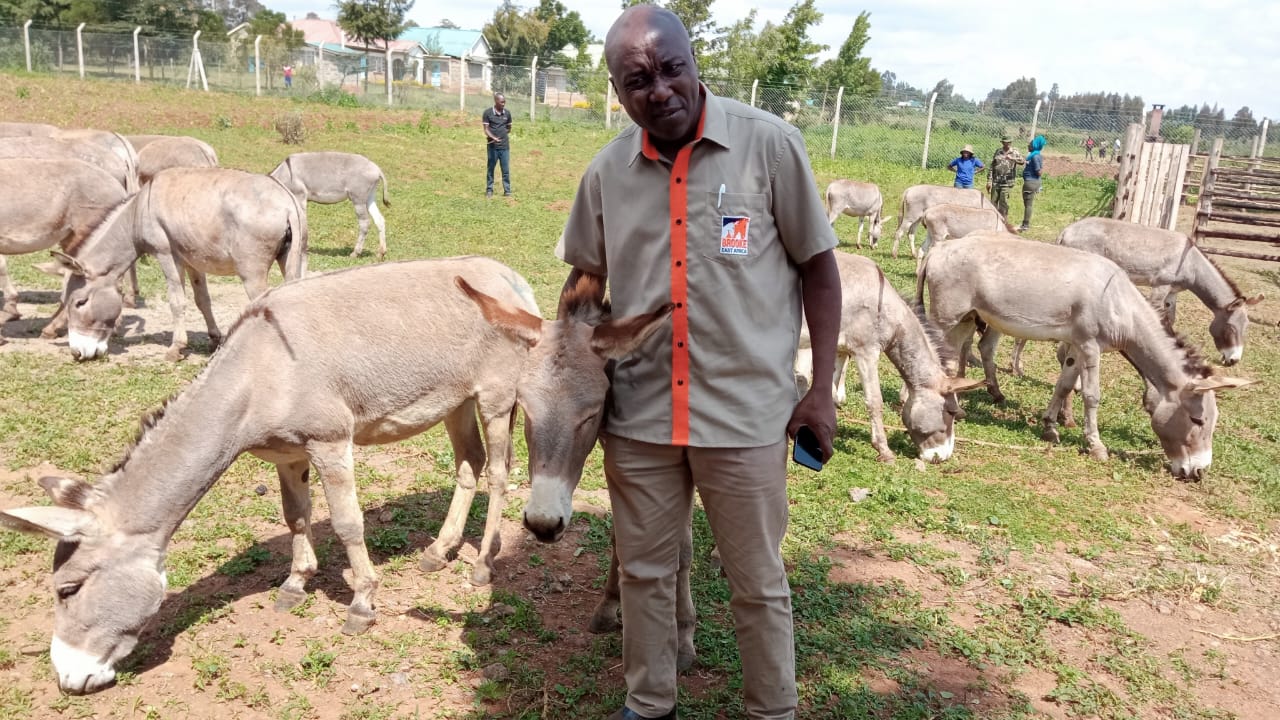Business
East Africa Celebrates National Donkey Day: Advocates for Donkey Welfare and Species Preservation

National Donkey Day is observed on May 17th each year throughout East Africa, with events taking place in Kenya, Tanzania, South Sudan, and Somaliland. This annual celebration highlights the importance of acknowledging donkeys as valuable animals deserving of care, given their essential role in improving people’s livelihoods, particularly for women in arid regions.
This year marks two significant milestones. Firstly, Brooke – Action for Working Horses and Donkeys, an animal welfare charity, commemorates 90 years of providing hope for equines. Secondly, we applaud the AU ban on the donkey skin trade, enacted during the 37th Ordinary Session of the African Union Assembly in Addis Ababa, Ethiopia, in February of this year.
The theme for this year’s National Donkey Day is “The Year of Donkey Species Preservation in Africa,” emphasizing the crucial role donkeys play in supporting livelihoods. This theme aligns with AU-IBAR’s call for the implementation of the Dar es Salaam declaration and the AU executive decision to prohibit the slaughter of donkeys for the skin trade.

As communities worldwide, particularly in Africa, grapple with adapting to the triple planetary crisis of climate change, biodiversity loss, and pollution, donkeys remain resilient assets playing vital roles in sustainable agriculture, transportation, and livelihoods. Their adaptability to changing and drying environments positions them as vital economic drivers, especially in rural populations across Africa, a contribution worthy of recognition in national GDP assessments.
Currently, there is growing concern over the alarming decline in donkey populations across Africa, primarily due to unsustainable slaughter for their skin to meet the growing demand for ejiao (traditional Chinese medicine). The emergence of bush slaughter as a new threat further exacerbates the pressure on dwindling donkey populations, posing not only ecological concerns but also public health hazards through the sale of illegally slaughtered donkey meat. The indiscriminate slaughter of donkeys not only inflicts cruelty upon these animals but also risks the transmission of zoonotic diseases to unsuspecting consumers.
“In addition to the skin trade, the Kenyan meat market is slowly being inundated with donkey meat, posing significant health risks. As we commemorate National Donkey Day, it is imperative that we address these concerns and initiate dialogues on the policies and legislation necessary to protect donkeys from exploitation while enhancing their health and welfare,” says Dr. Raphael Kinoti, Regional Director of Brooke East Africa.
Earlier this month, the Ministry of Interior Security held a high-level meeting in partnership with the Ministry of Agriculture, Livestock, and Fisheries and the Ministry of Public Health to review existing livestock policies

You must be logged in to post a comment Login